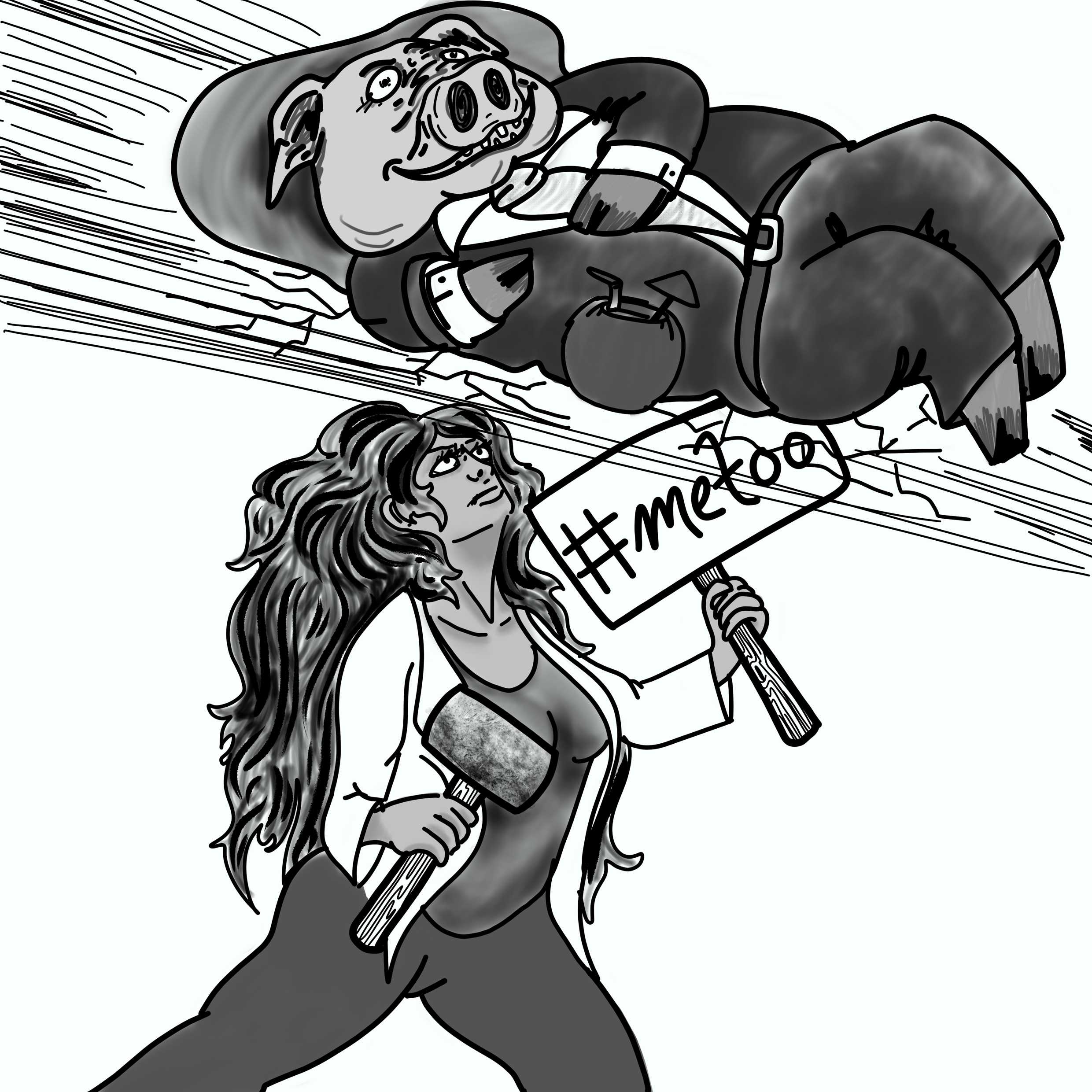By Clarissa Corral

UC Irvine professor Francisco J. Ayala evolutionary geneticist and molecular biologist, has resigned and been banished entirely from the university.
Four acts of sexual misconduct in the workplace were formally filed against him by Chair Kathleen Treseder, professor Jessica Pratt, assistant dean Benedicte Shipley, and graduate student Michelle Herrera.
All of these women came into contact with Ayala as members of the UCI Ecology and Evolutionary Biology department.
Despite his reputation as one of the world’s most renowned biologists and considerable donations of $11.5 million to the school, he was treated with severity and held to the highest level of accountability. This show of intolerance for sexual harassment toward women, especially with Ayala being so prestigious and having made considerable donations to UCI, is a powerful message to both men and women. More importantly, it shows that there is no excuse for sexual harassment and that committing sexual harassment is not acceptable by any person regardless of their power, position or background.
As for the harassment itself, Ayala routinely called Shipley beautiful every day and greeted her with a hug while rubbing his hands down her sides and kiss on the cheek in which he considered friendly, and she considered uncomfortable and sexual harassment. This behavior went on for years but Shipley said she feared jeopardizing her job.
Ayala caused Treseder such discomfort that she would not assign him female teaching assistants and have a male colleague accompany her at events where Ayala would also be in attendance.
Of the 10 women who said Ayala gave them compliments or greeted him with kisses, only two said it made them feel uncomfortable, according to UCI’s findings. There were several other women who witnessed Ayala’s actions and called them inappropriate but did not make a formal complaint.
After Shipley filed a complaint of sexual harassment and considering all of the women’s concerns and complaints, UCI began an investigation last fall that continued for six months. The investigation ended with the conclusion that Ayala did in fact demonstrate sexual misconduct towards Tresseder, Pratt and Shipley.
Ayala has since resigned and the school has removed any and all traces of his ever being a faculty member. The question being proposed now is, has the #MeToo movement going too far?
The answer is no, the #MeToo movement is not going too far. Although there were only four women who formally complained, after the surveyance of other female faculty it is clear by many of their responses that there is a basis to their claims as well as other possible unreported acts of sexual harassment.
What the #MeToo movement needs to continue to emphasize, is not only for women to speak up about past experiences of sexual misconduct, but to encourage them to speak up at the time of the incident.
“You should report the harassment immediately. A written complaint, if it is done soon after the incident, is a victim’s best piece of evidence,” said Kristin Rizzo, a labor and employment law attorney.
Women must not be afraid to speak. No shame should be accepted by women for a man’s sexual misconduct against them. The shame in these instances belongs to the abuser and the abuser only. Women that have fallen victim to these acts must not let their abuser inflict another iniquity against them, shame, for what has been done to them by not reporting them.
The action taken against Ayala’s acts of sexual misconduct at UCI proves that the #MeToo movement as a whole is gaining momentum and strength.









